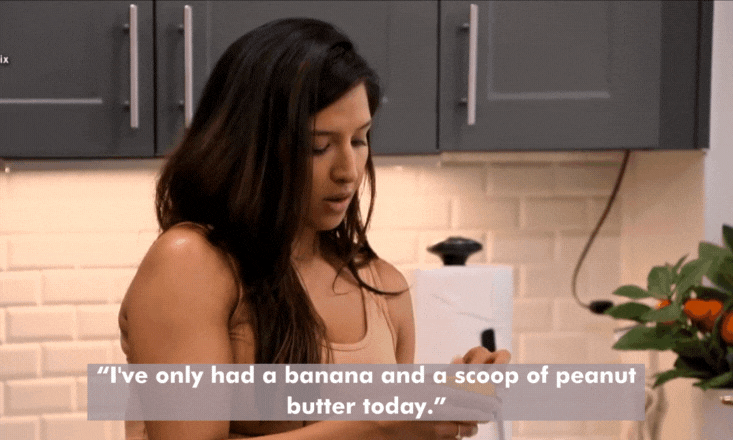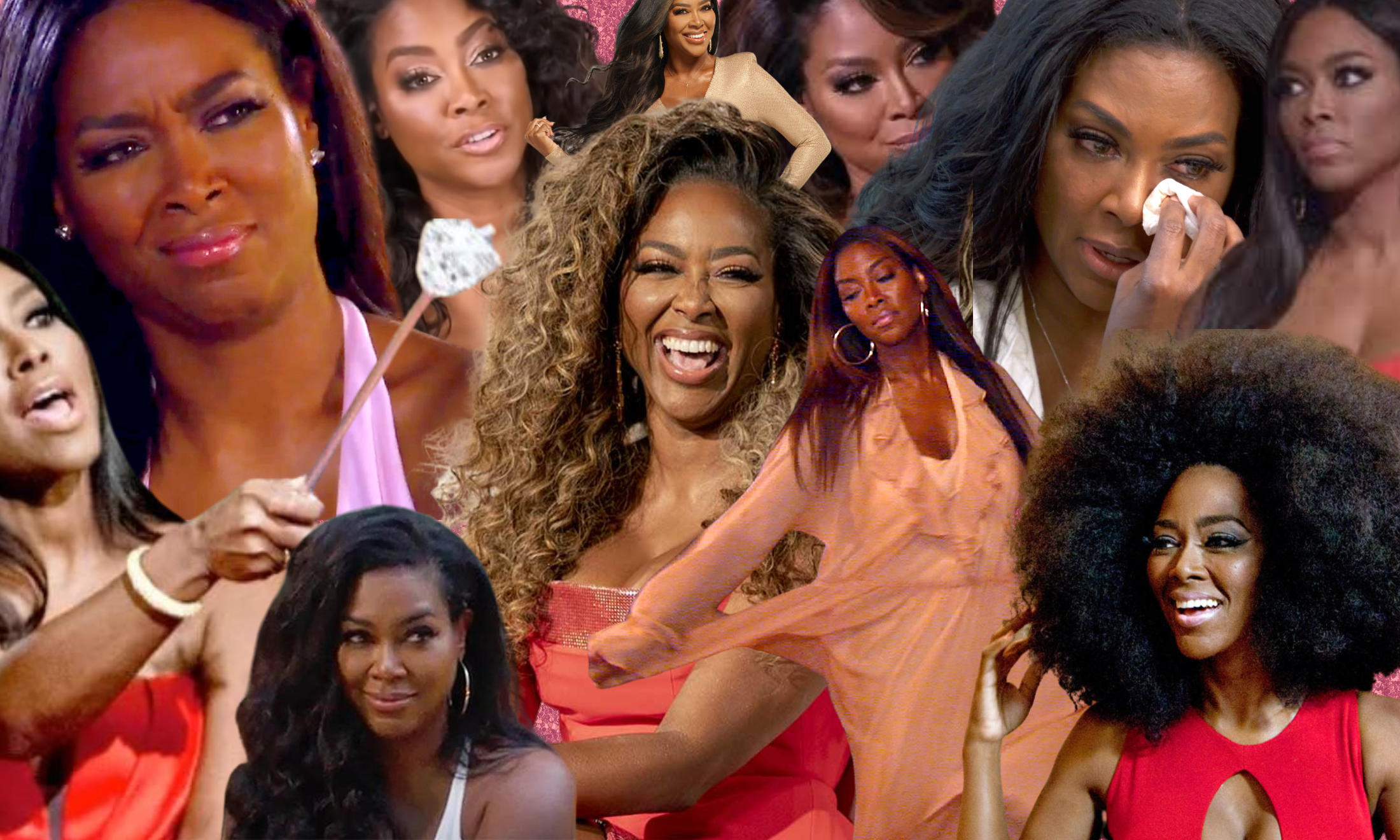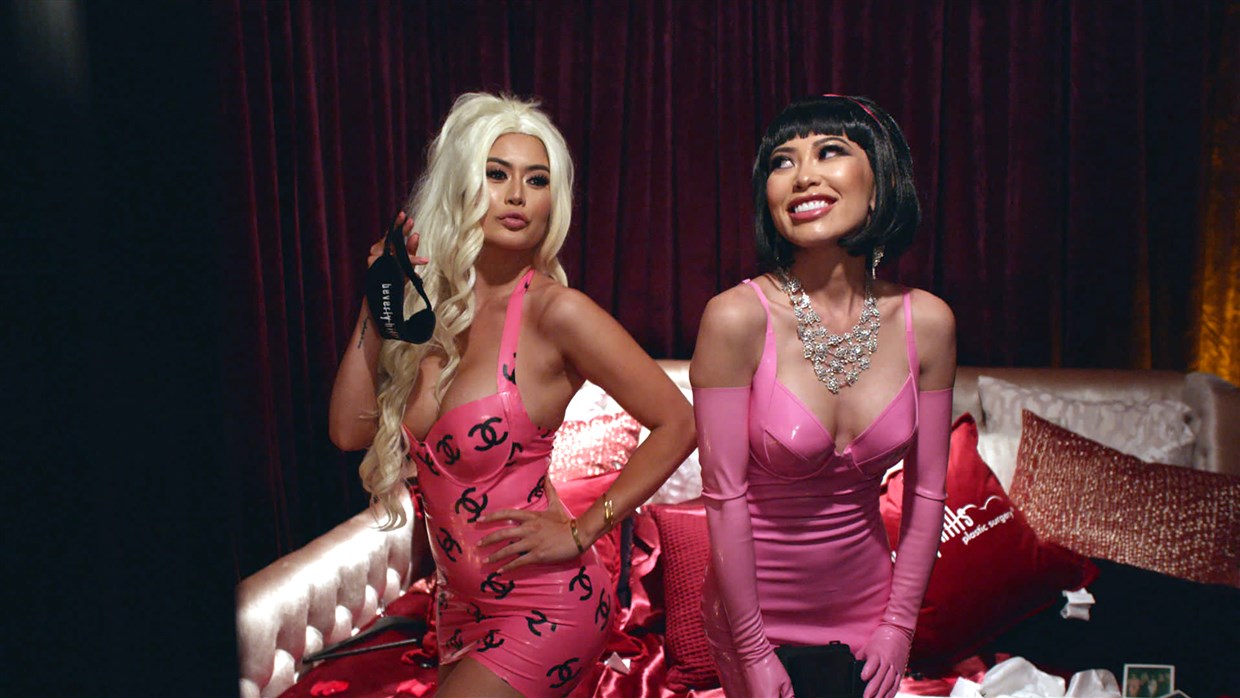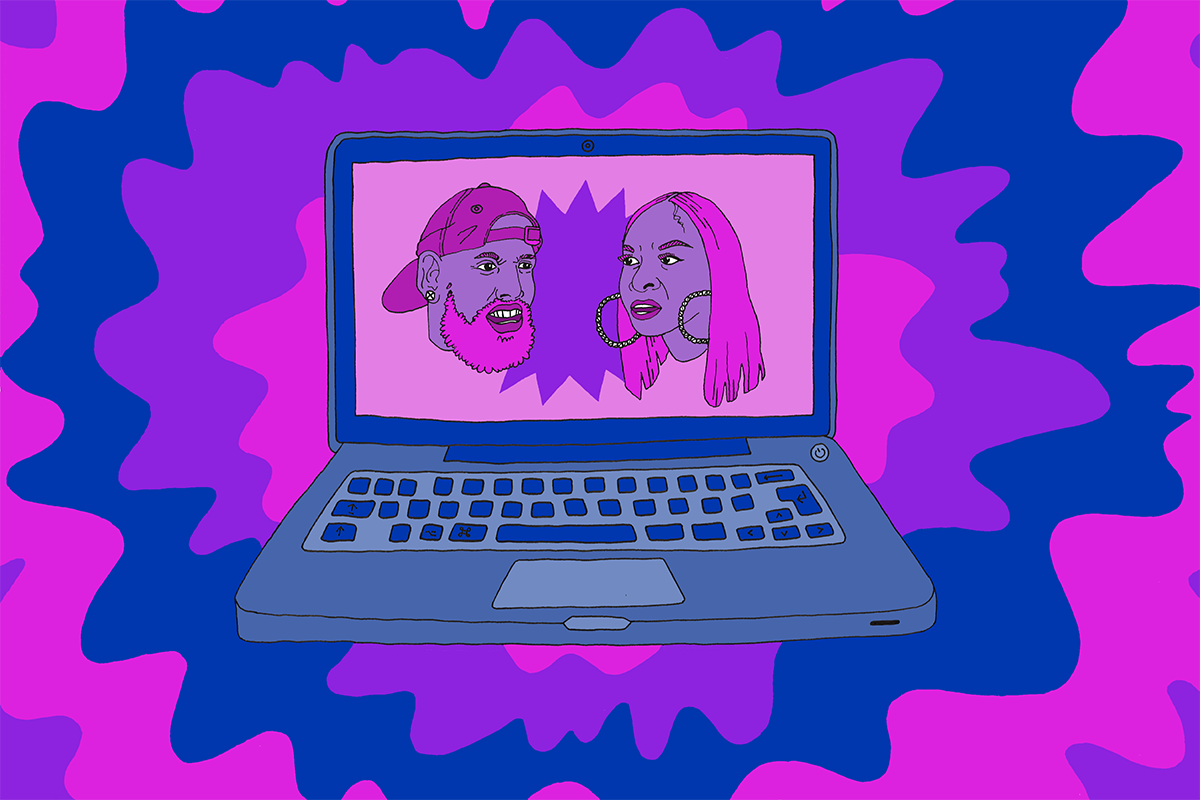
Jeremy Kyle used to be my guilty pleasure, but it represents the absolute pits of reality TV
Joelle Owusu
14 May 2019
Still via The Jeremy Kyle Show / ITV
TW: This article contains mentions of suicide
This week, popular ITV daytime show The Jeremy Kyle Show was suspended after the reported suicide of a participant, a week after he appeared on the show. In his episode (which will not be aired), 63-year-old Steve Dymond failed a lie detector test, resulting in the breakdown of his relationship with his partner, Jane.
MPs and members of the public have called for the infamous programme to be scrapped indefinitely due to its lack of mental and emotional support to the participants, and I am in complete agreement.
Why aren’t production companies and broadcasting corporations doing more to support their contestants? I believe that this, and a number of other suicides related to reality TV, are linked to wider issues such as the stigma around mental health and also how viewers are obsessed with watching working class people for entertainment.
British reality TV’s relationship to both mental health and class has been a serious issue for nearly two decades. But it’s something that’s only brought up when tragedies take place. The past few years have seen the deaths of Sophie Gradon and Mike Thalassitis who both reportedly took their own lives months after appearing on their respective series of Love Island. After Mike’s death, the programme announced that they would do more to support all of their contestants by offering counselling.
“The Jeremy Kyle Show thrived on the reactions of not just its guests, but the host and live audience, who mocked the emotional and often incredibly vulnerable participants”
Let’s take a look at our consumption of reality television over the past 15 years. Programmes like Jeremy Kyle, TOWIE and Geordie Shore exploded onto our screens in the mid-2000s and became huge talking points across the country. Viewers were curious about their accents, their outrageous partying and of course, their love lives. Unlike scripted reality, The Jeremy Kyle Show thrived on the reactions of not just its guests, but the host and live audience, who mocked the emotional and often incredibly vulnerable participants. Kyle would sit on “the step”, like a patronising dad, and talk down at his guests, while the camera cut to audience members, capturing looks of disgust.
The show, which premiered over 15 years ago, is still the most popular ITV daytime programme in the UK, with a 22% audience share and one million daily viewers. The UK wanted its own Jerry Springer-esque programme with a brazen yet charming host who said “what we were all thinking”. The show catered to audiences who wanted to look down on others’ lives, and felt comfortable mocking guests’ appearances to make themselves feel better about their insecurities.
Back in 2006, when I was 12 and navigating the world of social media for the first time, I remember coming across a Bebo page called “Stunnerz of Jeremy Kyle”. The page was dedicated to mocking the participants, with unflattering screenshots that pointed out missing teeth or fake designer clothing. The women were called “slags”, while the men were called “scum”, or “chavs” in the comments section by complete strangers, some who admitted they had never even watched the show. The page reeked of fat-shaming, classism and sexism, but at the time, no one seemed to bat an eyelid.
Although I never commented, I shared the page with friends and laughed along, excusing it as “banter” and a “guilty pleasure”.
A year later, I became obsessed with the short-lived show Paris Hilton’s British Best Friend. It featured Paris Hilton in a quest to find a new BFF by putting ten young British people through gruelling tasks. It wasn’t until a few months after the show finished that it was revealed that runner up, Kat, had died by what was speculated to be suicide. Paris herself tweeted out words of condolence, but the tragedy was swiftly forgotten – just like many subsequent reality TV deaths.
The uncomfortable truth is that society encourages us to mock vulnerable people to make ourselves feel better about our own issues. Middle-class viewers sit and pass harsh judgment over the appearance, accents and life circumstances of Jeremy Kyle contestants and brand it as a “guilty pleasure”. The reality is that it is poverty porn, but many viewers couldn’t seem to get enough of it.
I myself enjoy watching shows like Love Island every year and tweeting along with the rest of the nation. However, now, I am much more mindful about the words I am putting out there. It is one thing to turn to your friends and make a snarky comment while following the drama, but posting judgmental, aggressive and classist statements online is another. Contestants read them and are affected by them.
“Middle-class viewers sit and pass harsh judgment over the appearance, accents and life circumstances of Jeremy Kyle contestants”
As a society, reality TV star tragedies have not only shone a light on the lack of mental health support given to contestants, but it has also held up a mirror to our attitudes surrounding how we, as audiences, treat them. Reality TV often preys on the most vulnerable people in our society – and it is time we all took a look at ourselves and thought about why.
This is not the first time a television contestant has reportedly died by suicide, and I fear it won’t be the last unless something changes. The Jeremy Kyle Show should be cancelled – and I am hopeful that with enough pressure from the public, ITV will make the right decision and pull it once and for all. We have a social responsibility to do better and be better.
Television companies need to start taking mental health more seriously. I am glad MPs like Charles Walker, who has OCD, and reality TV psychologists like Honey Langcaster-James, are vocally calling for change.
Whether they are out to dispel an infidelity accusation or entering a show to find love, contestants are real people, with real emotions. It’s time both the media and the general public started treating them as we would like to be treated.
If you have been affected by any of the issues mentioned in this article, there are people out there who want to help, such as the Samaritans









